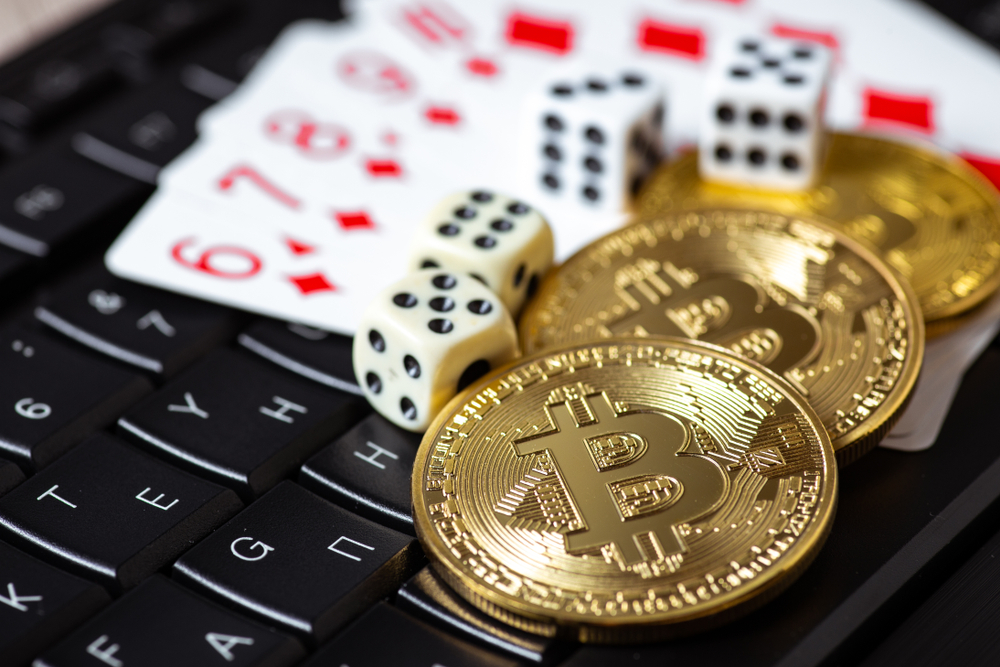No one relishes the idea of being utterly and profoundly wrong.
But discovering that we’ve been mistaken can be one of life’s most valuable learning experiences.
For reasons of pride, ego, hubris or fear, however, most of us have trouble doing this – and thereby miss some of the best lessons life has to offer.
When you admit that an opinion you held was wrong, all you’re saying is that you know more today than you did yesterday.
Where is the shame in that?
Yet studies show that we glom onto ideas early and stubbornly resist letting them go.
Psychologists call it “confirmation bias.”
That is, we seek evidence that confirms our beliefs and ignore or reinterpret evidence that refutes them.
We all tend to gravitate toward like-minded souls, listen primarily to those who share our opinions, and read books and articles by writers who confirm our points of view.
But the narrower our sources of information, the more error-prone our thinking becomes.
This can be dangerous in almost any area of life.
But it is especially so in the investment arena, where we put the money we have spent a lifetime earning and saving at risk.
My approach is that some of that money should be invested for safety of principal, some for growth and some for income.
A small amount should be reserved for speculation, investments that have greater-than-average potential at the cost of greater-than-average risk.
Not all speculations are equally risky, of course.
By definition, they are all long shots. Yet some are much smarter and better risks than others.
Some are so completely nutty that I don’t call them “investments” or even “speculations” at all.
They’re just gambling, plain and simple.
Bitcoin and other cryptocurrencies fall into this category, in my view.
Longtime readers know that I’ve warned for years now that the crypto market is a titanic financial bubble, perhaps the greatest of the modern era.
I didn’t always feel this way. For many years, I was entirely agnostic.
I felt that I didn’t understand digital currencies well enough to have a qualified opinion on them.
But as the bubble inflated and investors worldwide began to get sucked in, I began voicing serious skepticism in my columns.
When readers asked me how much money they should have in crypto, I always gave the same answer: About as much as you’d be willing to lose on a weekend in Las Vegas, because that is how this is likely to end.
As a result of my bearishness, I got invited to debate crypto bulls at investment conferences.
In my early appearances, I spoke frankly with my debate opponents and the audience.
I told them that I was still learning about crypto myself and was trying to remedy my ignorance, particularly on two questions…
- Aside from speculation, what are cryptocurrencies good for, not in some imagined future but right now?
- Since cryptos have no cash flow, yield or tangible value, how do you judge whether the prevailing market price is undervalued or overvalued?
To my astonishment, none of the crypto “experts” – including the ones promising that Bitcoin was “going to the moon” – were willing to even address these basic questions.
What I heard again and again was a narrative that went like this…
For centuries, governments have held a monopoly on legal tender. They have badly mismanaged it, especially in our era of paper currencies. Crypto, on the other hand, is private currency that is out of the hand of government and does an end run around our ossified banking system, making transactions quicker, easier and less costly.
That answered neither of my two questions. More to the point, even this basic explanation is wrong.
It’s true that governments around the world and throughout history have overspent – and their currencies have been ravaged by inflation as a result.
But that’s a good reason to get your money out of the mattress and into productive investments like stocks and bonds.
It is not a good reason to take a flier on Bitcoin, Ethereum or any of the thousands of other digital currencies.
The role of a currency is to facilitate buying, selling, borrowing, lending and investing.
Bitcoin and its competitors do none of these things.
They don’t speed up transactions. They slow them down. They don’t make them less costly. They make them more costly.
Indeed, at investment seminars I often ask the audience how many of them have invested in Bitcoin.
About two-thirds to three-quarters of attendees typically raise their hands.
When I ask them how many have used Bitcoin to buy, sell, borrow, lend or invest, every hand in the room comes down.
Virtually no one – apart from extortionists and other criminal groups – is using a digital currency that is now 14 years old for anything other than speculation.
That strikes me as odd.
It’s one reason – among others – that I believe Bitcoin and other crypto have further to fall.
Much further.
But perhaps I’m wrong. There is always that possibility, of course.
So in my next column we’ll take a more thorough look at the crypto phenomenon and why I believe the emperor has no clothes.
The post Crypto: Huge Opportunity… or Huge Bubble? appeared first on Liberty Through Wealth.
Credit: Source link














